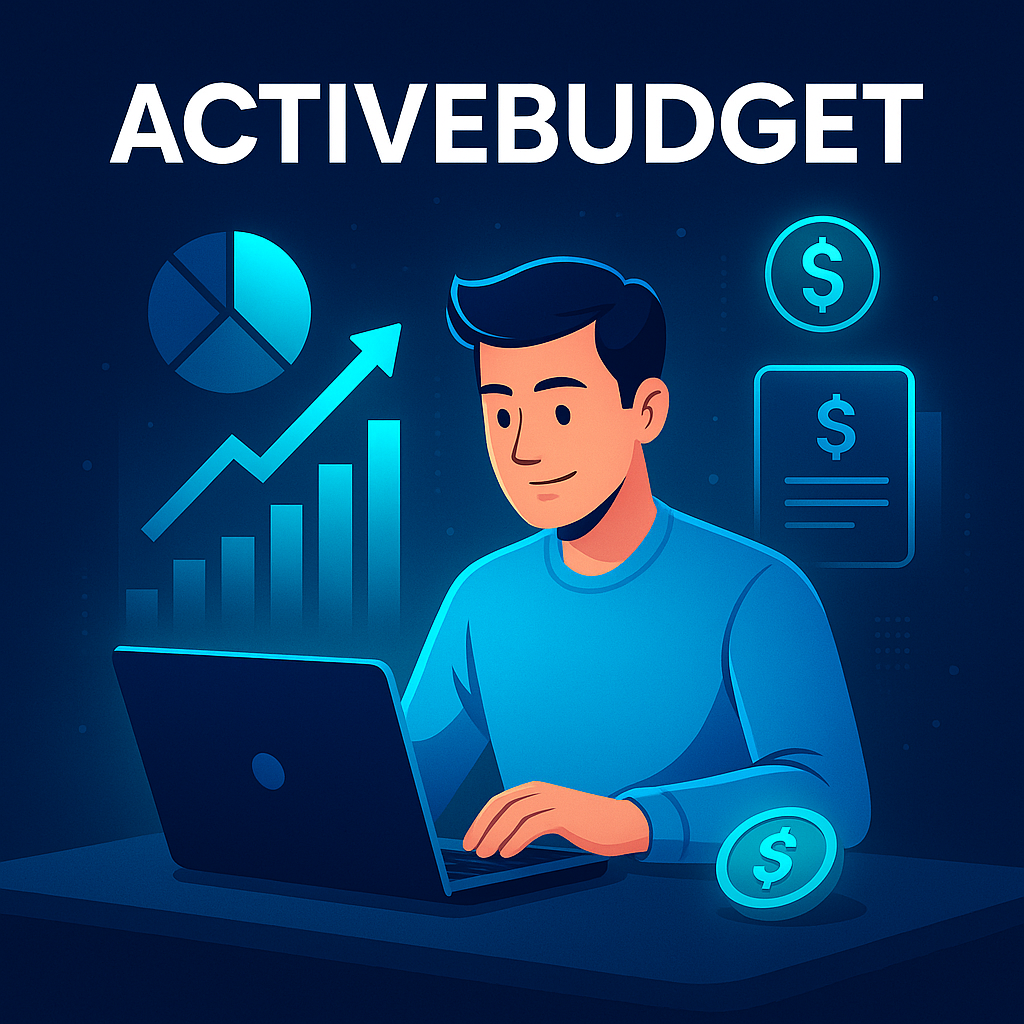Trusted by:
ActiveBudget: Semantic Architecture for Smarter Budgeting & Financial Freedom
Trusted by:
A fundamentally different approach to personal finance management
Structured financial data with gist ontology compliance ensures consistency and interoperability across platforms.
Learn moreModeled relationships enable intelligent analysis and automated decision-making capabilities.
Learn moreExperience our interactive dashboard
Our demo showcases how semantic technologies transform raw financial data into actionable insights with:

Discover how to take control of your budget and accelerate towards independence
What our users say about ActiveBudget

CFO, TechStart Inc.
"ActiveBudget transformed our financial planning with its semantic approach. The data integrity and analysis capabilities are unmatched."

Financial Advisor
"The ontology-based categorization saves hours of manual work. My clients get insights they can't find anywhere else."

Small Business Owner
"Finally a budgeting tool that understands the relationships between my business finances and personal goals."
A structured, data-first approach to personal finance
Structured capture using gist-compliant taxonomy
SPARQL-powered insights and visualization
Machine learning with semantic context
Years in Semantic Tech
Users Worldwide
Data Accuracy
Support
Building on enterprise semantic standards
ActiveBudget implements core classes and properties from the gist upper ontology to ensure interoperability and semantic richness:

Designed for semantic interoperability
RDF triplestore with SPARQL endpoint and real-time synchronization
Extended gist 8.0 financial ontology with custom extensions
OAuth 2.0 with role-based access and financial-grade encryption
Edge caching and optimized SPARQL queries for real-time response
Get answers to common questions about ActiveBudget
Have questions about ActiveBudget or semantic finance? Our team is here to help.